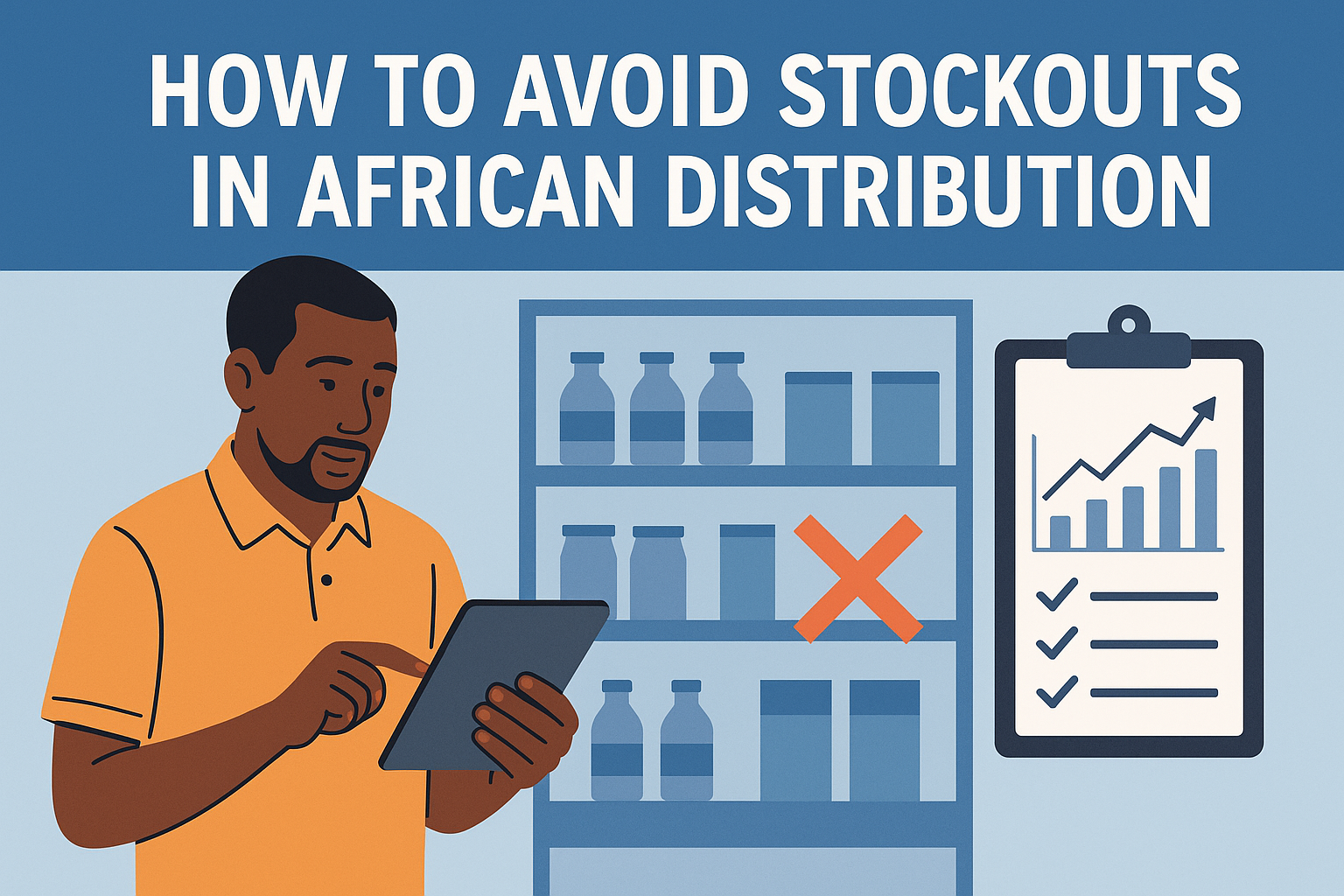For several years now, interactions between companies and customers have been constantly evolving. This is mainly due to the emergence of digital tools, changes in purchasing behavior and more demanding repeat customers. Today, many consumers are prepared to spend extra money to pay for the services of companies that offer better customer relations. Customer relationship management is therefore an effective way of maximizing returns. This guide provides essential information on the customer relationship management system.
What is customer relationship management (CRM)?

Customer relationship management (CRM) is a technology used by companies to process customer interactions and data throughout the customer lifecycle. It encompasses the entire customer experience. This may include initial contacts on the Internet platform, prospecting, interviews, after-sales service or advertising campaigns. CRM software helps companies optimize their customer's history relations. It also aims to increase sales and limit expenses. A CRM system also provides a centralized crm platform for sales, sales and marketing departments and customer service teams to access customer data and track their interactions.
What are the benefits of customer relationship management ?

Customer relationships management brings a host of benefits to businesses. Discover some of the key benefits of this technology.
- Improved customer relations through personalized communication and rapid response : A better understanding of customers' needs and expectations enables the company to tailor its offers and services accordingly. This strengthens customer experience through tailored communication and rapid response.
- Increased sales thanks to better management of prospects and sales forecasting: The sales process is optimized with customer relationship management. This is achieved by identifying customers and tailoring services. The tool facilitates the collection and analysis of customer data. It also facilitates the targeting of marketing efforts and automation actions according to consumer purchasing behavior.
- Reducing costs by automating routine tasks and improving efficiency : Expenses linked to group activities are reduced, and sales are improved. In fact, the tool helps to acquire new prospects and optimize service quality. Many tasks are automated, which limits the budget for certain services.
- Improved customer satisfaction through rapid resolution of complaints : With customer relationship management (CRM), a company can better understand its customers' needs and offer them services that meet their expectations. The tool enables customers' queries to be resolved in record time, providing them with complete satisfaction.
- Better decision-making thanks to access to sales data and real-time analysis : Customer relationship management provides companies with a wide range of functions. Some of these provide access to sales information and analyses in real time. These are key indicators likely to help the company make crucial decisions for its development.
What are the components of customer relationship management ?

Customer relationship management software offers companies a host of interesting features. Here are some of the most useful.
- Contact management: One of the best components of FieldPro CRM is contact management. This is a feature that facilitates the storage and organization of all customer-related data in a single location. This includes contact details, discussion histories, habits, needs and much more. This component gives all your sales teams access to potential customers information.
- Sales management : Customer relationship management allows you to better manage sales. With this option, your agents can visualize the progress of each opportunity, the leads to be explored and the phases of the sales cycle. This helps optimize sales, identify new prospects and increase conversion rates.
- Marketing automation: Not the least of these components is marketing campaigns automation. It enables you to automate the tedious and repetitive tasks involved in sales management and lead generation. With such an option, your agents have a considerable time saving to take care of the juicier sectors.
- Customer service processes and support: Customer service optimization is one of the most interesting features of FieldPro CRM. The tool makes it easier to manage queries and complaints. It helps to find effective solutions to the various problems raised by customers. Customer relationship management offers proactive responses to the specific needs of each consumer.
- Analysis and reporting: Customer relationship management enables analysis of customer behavior and performance. This makes it easier to assess the effectiveness of sales and marketing teams strategies. The application offers revolutionary analysis crm tools that simplify the monitoring of performance indicators. These are important, as they provide reports on the performance of customer relations.
What are the types of CRM technology ?
- Cloud-based CRM software

Cloud-based CRM software is hosted in the cloud and accessed via a web browser. One of the major benefits of cloud CRM is the centralization of customer retention data, enabling information to be accessed in a single location. The tool also offers greater flexibility and scalability than on-premise CRM systems. Cloud CRM makes it easy for companies to scale up and down according to their needs. The system offers enhanced security for data, which is managed by cloud service providers. Salesforce, HubSpot and Zoho CRM are examples of cloud-based CRM software.
- On-site CRM systems

Open source CRM solutions are free and customizable. So you can save on your hosting budget. You can also tailor the software to meet your specific needs and expectations. They offer greater flexibility and control than proprietary CRM systems. You can also take advantage of community support to customize and integrate the tool into your IT system. Opting for an open source CRM means choosing a solution offering data confidentiality and RGPD compliance.
What are CRM Applications ?
Contact Center CRM

Contact Center CRM is the essential tool for managing customer interactions by telephone, e-mail and chat. It delivers impeccable customer needs service by connecting customer service agents via a unified platform. This enables them to access customer data and track their interactions. Such a system optimizes performance and enables sales team to detach themselves from data entry and focus on assisting customers with their queries.
Social CRM and mobile CRM

Social CRM is used to manage customer engagement via social media. The aim is to make the brand visible without resorting to aggressive selling. It involves discussing customer needs or the hottest topics on social networks. These digital platforms take control of management and pass it on to new customers. Customers are free to converse or interact with brands as they see fit.
Mobile CRM, on the other hand, makes it possible to access CRM data and track customer interactions on the move. With this tool, mobile media can update the classified functionality of a system on a laptop or desktop computer. However, it can also be accessed via cloud computing. Mobile CRM can also be used to add contacts to leads, contacts and opportunities, and to the bidding day. Both social CRM and mobile CRM offer a faster, more personalized customer experience.
Creating a customer relationship management strategy
Creating a customer relationship management strategy requires consideration of a number of criteria. First, you need to define your CRM goals and objectives. The deployment of this tool must be carried out according to the company's needs. This may involve improving performance, optimizing sales or generating new leads. Next, identify your target audience and customer segments. You need to uncover the potential consumers likely to respond to your offers. The next step is to draw up a customer journey map to understand customer interactions.
You need to have a clear view of all your customers' activities. This enables you to optimize your services to them. Then choose the CRM technology and implement it. Deploying software is not a trivial matter. You need to consider your needs in order to choose the right tool. Finally, organize training sessions for your sales and marketing teams. This will enable them to acquire the knowledge they need to use the CRM system.
Choosing the right CRM system

Consider your company's needs and objectives : choosing a CRM should be based on careful consideration. You need to think about the areas that require the deployment of such a tool. This may involve tracking contacts, monitoring sales, or optimizing your business. Whatever the option, your choice should be based on marketing departments, sales or customer service.
Evaluate different CRM technologies and vendors : the different CRM technologies each offer interesting advantages. You'll need to match your needs to the strengths of each CRM solution to make an informed choice. You should also explore vendor offerings to find out which profile to choose for your CRM deployment.
Read reviews and ask for references : you can find user reviews of CRM solutions on several dedicated sites. You can then read the comments on each type of CRM to get an idea of their performance. Systems with many positive reviews give you more confidence. However, you shouldn't base your decision solely on these reviews.
Choose a CRM system that's user-friendly and scalable : an intuitive, scalable CRM system is ideal for the efficiency of your business. It's a good idea to turn to such a model to speed up the adaptation process. So make sure you opt for a solution whose functionalities are easily accessible and understandable by your team.
CRM systems provide a comprehensive solution for managing customer interactions and streamlining processes. By centralizing customer data and automating routine tasks, these systems enhance overall efficiency. For businesses with field teams, integrating a CRM can significantly boost operational effectiveness. Explore how CRM systems can be leveraged to improve field force effectiveness and discover strategies to maximize your team's productivity and coordination.
What are the best CRM practices?
There are several things you need to do to use CRM software effectively. First of all, it's a good idea to use CRM data to personalize customer interactions. The tool records a large amount of customer information. This information can then be used to offer tailor-made services to each customer.
You then need to track customer interactions and reactions. This allows you to optimize your responses. Sales forecasts are an important element in predicting sales results.
Consider automating routine tasks. Automation improves efficiency and accelerates your company's growth.
Set up regular training sessions for your sales and marketing teams. Such sessions will be useful for equipping them with the functionalities they need to boost your business.
What is the future of CRM Technology ?
Artificial intelligence (AI) and machine learning (ML) will play an increasingly important role in customer relationship management. Indeed, these are technologies that have been constantly updated in recent years. As a result, they could greatly help in marketing campaigns and in customer loyalty and satisfaction. CRM will be further integrated with other enterprise systems and technologies. The aim will be to accelerate tasks automatically, so as to take care of jobs that require human intervention. Mobile CRM will also become more widespread. The number of mobile devices on the market is constantly increasing. This is a great opportunity to make the tool accessible on different mobile gadgets. Customer relationship management will also provide more information and analysis in real time. Numerous adjustments will be made to enhance the tool's performance. It will be more customer-focused, with customization features.
Unleash your company's full potential by mastering customer relationship management (CRM). Start optimizing your customer relationships today!







